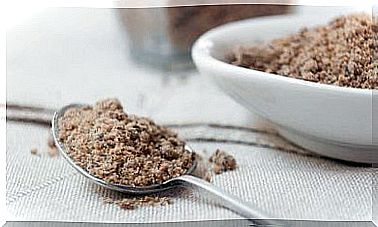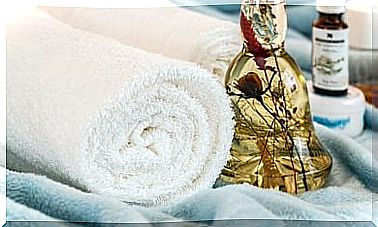Plant-based Alternatives To Replace Animal Proteins
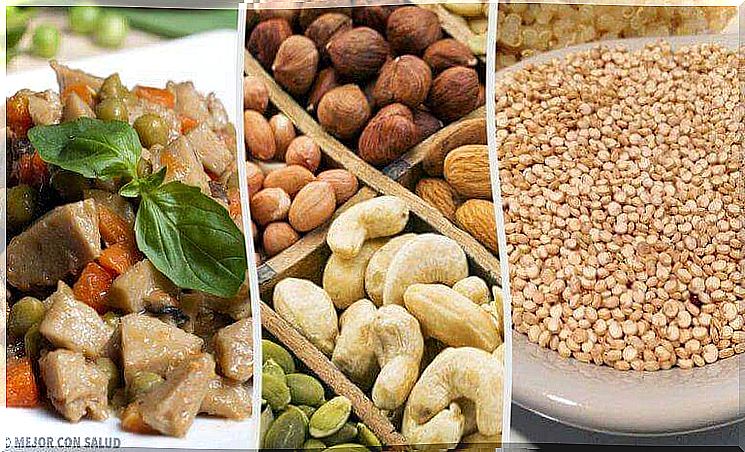
There are several reasons why people decide to reduce or replace animal proteins in their diet.
- First, there are people who do it to protect the environment and because they feel empathy for animals.
- On the other hand, there are people who do it because they suffer from a health problem. They think they can change that with a change in their diet.
However, a 2015 study suggested that the health difference between animal and vegetable proteins would be negligible, and that there is no evidence yet that either type is necessarily better.
A balanced diet combined with the advice of specialists therefore probably still remains the best option.
Regardless of why you decide to stop eating meat or animal products, you still need protein just like everyone else. The body needs essential amino acids that it cannot make itself. Therefore, the body gets them from the proteins we consume.
The functions of proteins
Each type of protein has a function for our body.
- Some are important for our immune system because they help make antibodies.
- Others play an important role in the functioning of our muscles.
- There are also proteins that aid in our biochemical reactions and are said to aid in the production of various enzymes.
- Others transport molecules from one place in the body to another.
These are just some of the functions that proteins can perform to keep our bodies functioning properly.
Either way, it’s important if you decide to replace animal protein in your diet that you pay attention to the foods you’re consuming. You also need to know how to absorb all the nutrients you need.
The goal, of course, is to meet all nutritional needs, in order to stay healthy.
Vegetarian or vegan?
Vegetarians do not eat meat, but they find other products that come from animals, such as eggs and dairy, acceptable.
- Some of them even eat fish and seafood, which are then known as a pescatarian.
- In addition, however, there are others who are stricter and decide not to eat ‘everything that has eyes’.
Vegans are probably the strictest: they don’t eat any product that comes from animals.
Therefore, it is naturally more difficult for them to include enough protein and nutrients in their diet. For both vegetarians and vegans, there are many options that enable them to create a balanced, healthy diet.
Discover the different options to replace animal proteins
1. Eggs
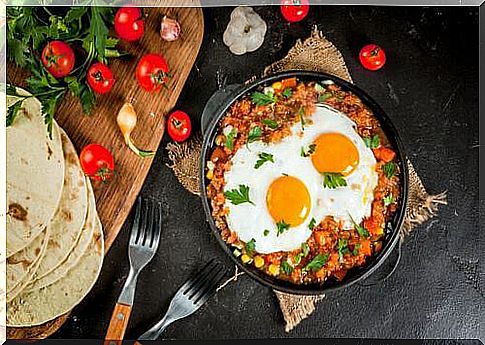
Of course, this is only an option for vegetarians. Eggs naturally come from chickens, and you know that they are animals too. For a completely plant-based alternative, vegans should read further under point 2.
Eggs contain about 6 grams of protein each. That is why they are in any case excellent for compensating for a lack of protein. You can choose to eat only the protein, or also include the yolk.
The secret to eating healthy eggs would have to do with the way you organize the rest of your diet. According to the Mayo Clinic , we often eat eggs along with unhealthy foods like bacon and sausage, which is why we get elevated cholesterol.
Eggs are also a very versatile ingredient in the kitchen. That is why they are used in many different ways in a wide variety of recipes.
2. Nuts and Seeds
A handful of seeds a day (between 30 and 40 grams) can contain between 3 and 8 grams of protein. The advantage of nuts is that almost everyone likes them. By the way, when it comes to nuts and seeds, the list is as long as it is delicious:
- pine nuts
- walnuts
- pistachios
- pumpkin seeds
- Peanut
- Almonds
- sunflower seeds
In addition to protein, these nuts and seeds also contain vitamin E. They also provide fiber and minerals.
Just be careful with the salt content, or how much salt you add if you want to give them more flavor. Excess salt causes fluid retention and can eventually lead to increased blood pressure.
3. Tofu
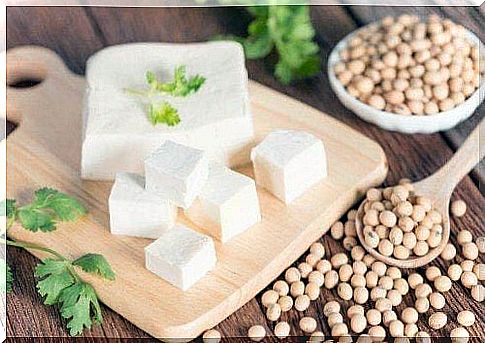
Tofu (also written as tofu) is one of vegans’ favorite products when it comes to animal protein substitutes. It is a product that comes from soybeans. It has a firm, white appearance and is prepared by curdling soy milk.
Tofu provides a large amount of:
- protein
- minerals
- omega 3 fatty acids
The product can be incorporated into your diet in many different ways. You can mix tofu in salads, or use it as a substitute for ground beef.
In addition, many tofu also find a great substitute for chicken in some recipes.
4. Quinoa
This is a seed with a high protein content. Only 100 grams of this seed already contains 16 grams of protein. In addition, the seed is also rich in fiber and omega-3 fatty acids. It would also be a great option for people with celiac disease, as quinoa does not contain gluten.
Quinoa can be used in several ways:
- as a grain substitute
- you can add the seed to salads
- as a side dish to replace rice
The wide variety of uses in different dishes makes quinoa an excellent substitute product.
5. Beans
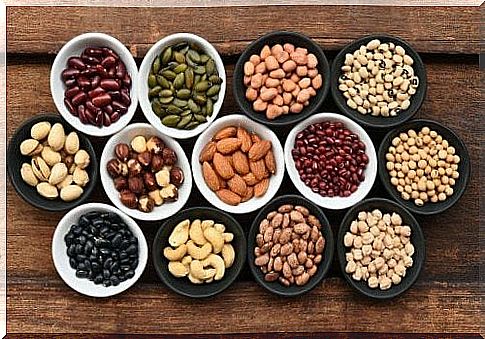
Beans are delicious and can be prepared in many different ways. Some examples of beans are:
- lentils
- soybeans
- chickpeas
You can also eat them in a kind of bean puree.
They are a valuable source of protein. For example, 100 grams of lentils already provide 9 grams of protein. 100 grams of soybeans contain an immense amount of protein: up to 36 grams! That’s about 3/4 of the daily amount of protein you need at least.
6. Seitan
Seitan is made from wheat gluten and can be a good product to replace meat. The taste is said to be similar to that of meat, making it ideal as a substitute in many recipes. With seitan you can therefore prepare dishes such as burgers or vegetarian balls.
Seitan can contain up to 75 grams of protein per 100 grams. One of the many advantages is that seitan is said to be easily digestible. Seitan also contains some calcium, but beware: this product is not gluten-free! People with a gluten intolerance should therefore choose another option.
Also remember that drastic dietary changes always carry some risk. Therefore, always consult your doctor before rushing into a new lifestyle.






